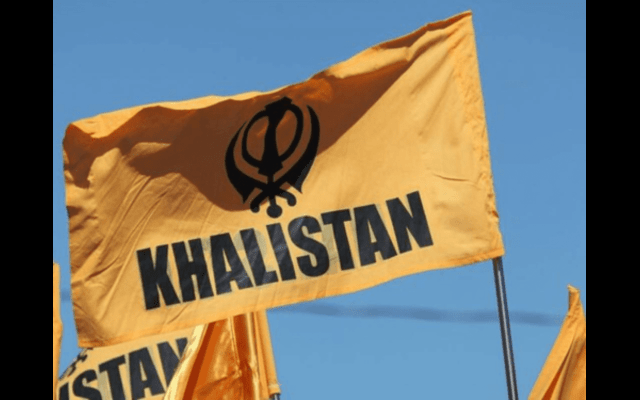Toronto: In a recent decision, an immigration tribunal in Canada has ruled in favor of allowing an Indian citizen, Kamaljit Ram, who admitted to “housing and feeding Khalistani militants in India,” to enter Canada. Ram’s admission came as he cited doing so “mostly out of necessity” and out of fear for his safety due to the political situation at the time. The move to bar Ram from entering Canada was based on immigration laws that prohibit individuals engaged in or instigating the “subversion by force of any government.” However, the Immigration and Refugee Board (IRB) tribunal found that the government did not have “reasonable grounds” to prevent his entry.
The Admission
Kamaljit Ram, an Indian citizen, informed the Canada Border Services Agency (CBSA) that he provided shelter and sustenance to armed Sikh militants intermittently at his farm in India between 1982 and 1992. He also revealed that he supported the ideas endorsed by followers of the late Jarnail Singh Bhindranwale, a prominent figure in the Khalistani movement advocating for a separate Sikh state.
Legal Argument
The CBSA contended that Ram was ineligible for entry into Canada under immigration laws that prohibit individuals involved in or instigating the “subversion by force of any government.” They argued that Ram’s support and assistance to the militants fell within this category.
Tribunal’s Decision
The Immigration and Refugee Board (IRB) tribunal, however, ruled in a recent decision that the government had not presented “reasonable grounds” to prevent Kamaljit Ram’s entry into Canada. IRB tribunal member Heidi Worsfold pointed out that the government had not adequately considered Ram’s claim that he provided shelter and food to militants out of fear for his safety. She noted that during the 1980s, the Sikh community was plagued by militancy, creating an atmosphere of fear and distrust among residents.
Context
The ruling acknowledged that while Ram sympathized with the idea of a Khalistan state for Sikhs, he was not a member of an armed militia. He supported their ideas and provided food and shelter mostly out of necessity and in response to the turbulent political situation in Punjab during the years 1982-1992 when tensions between Hindus and Sikhs in India were at their peak.
The Canadian immigration tribunal’s decision to allow Kamaljit Ram into the country underscores the recognition of the historical and political context in which he provided support to Khalistani militants in India. The ruling considered the fear and necessity that drove his actions during a period of heightened tensions and violence in Punjab.




